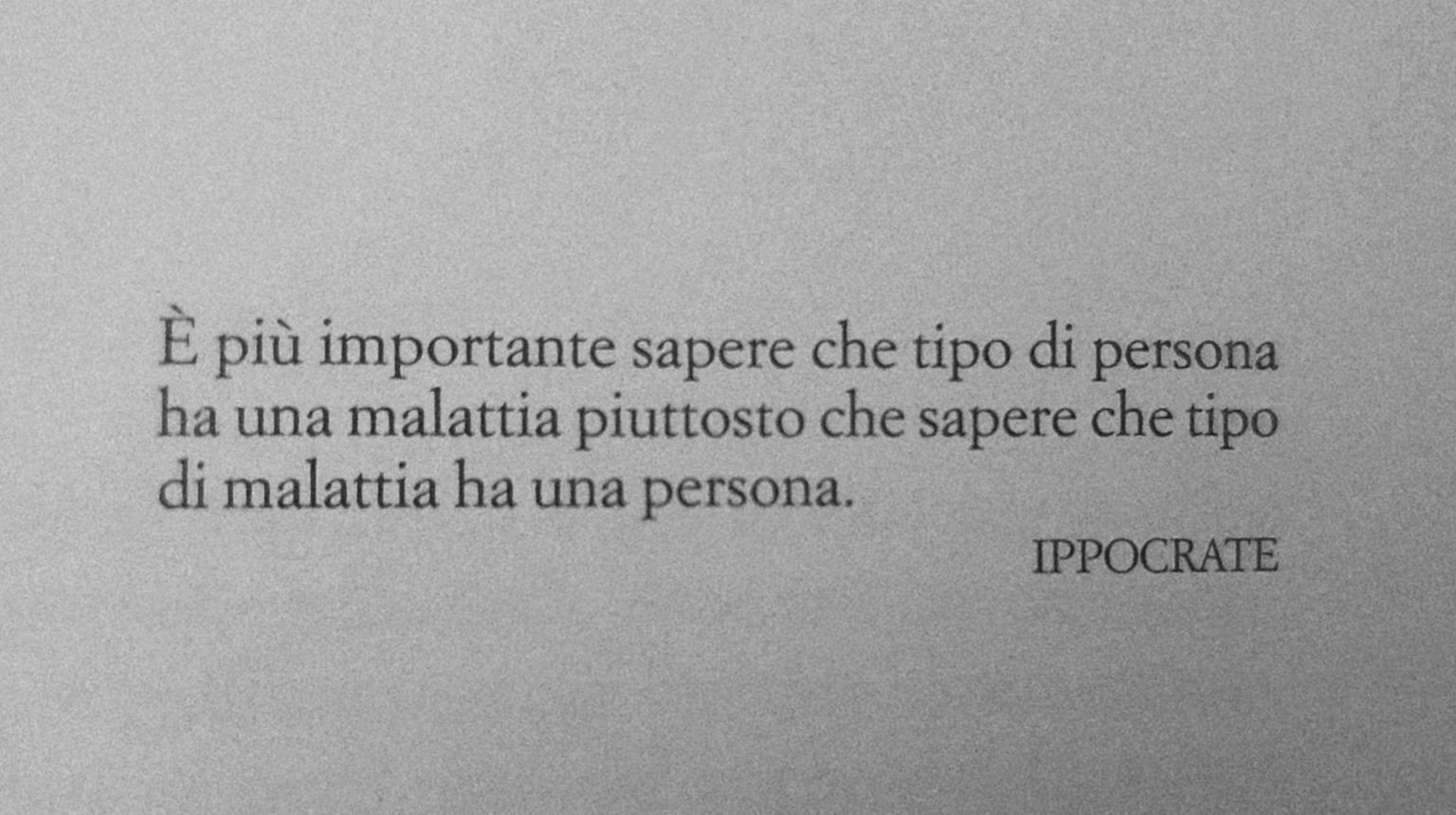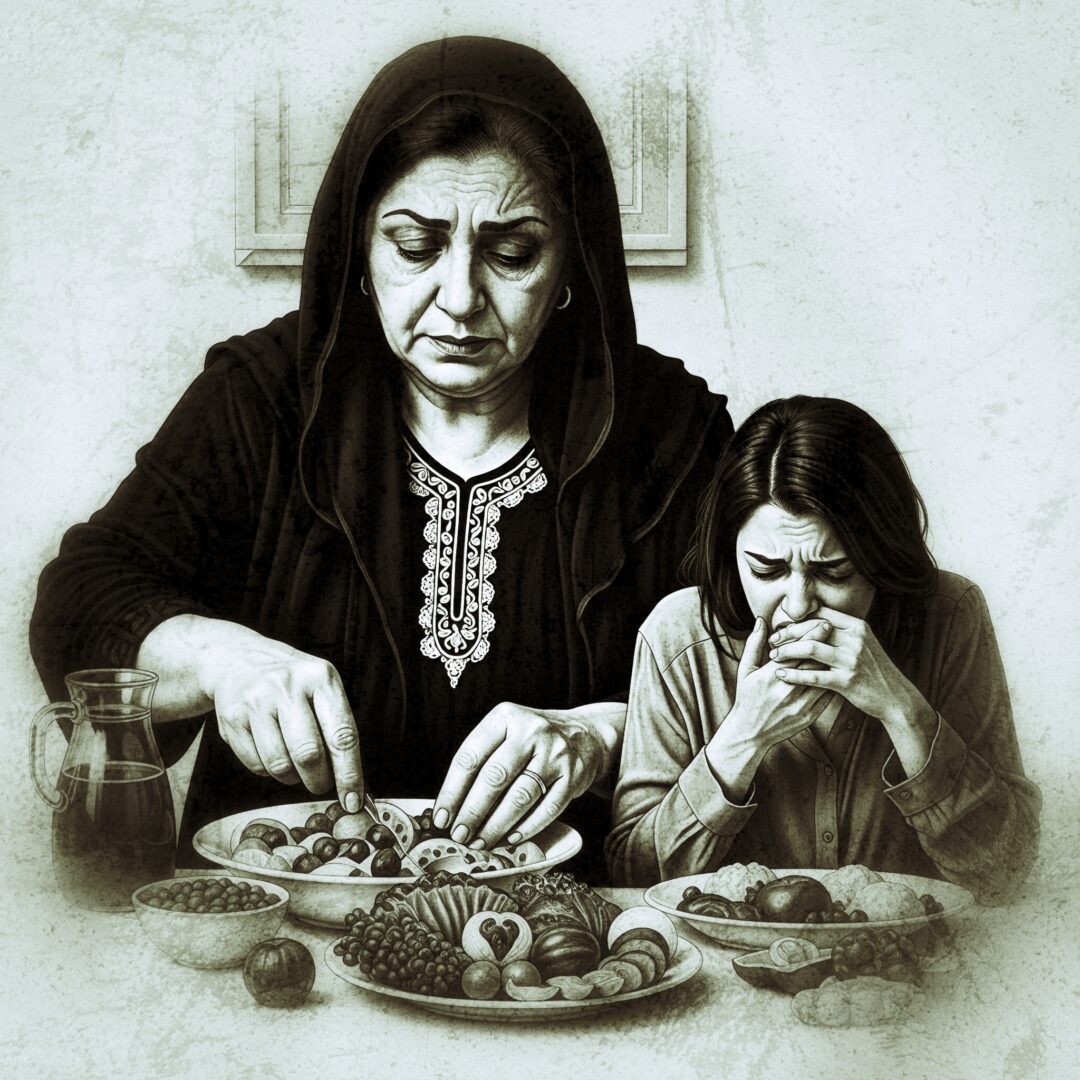Any observer, even a distracted one, who has spent some time in a hospital and knows what it means to eat properly, will have noticed a virus lurking in its corridors: the paradox of its kitchens, which serve meals that make people sick when they came in to be cured.
I arrived here on Monday for a five-day treatment, and what I’ve been eating, in short, is: cold cuts, industrial vegan spreads, packaged white bread, barely any protein, ready-made sauces, and sugar-laden fruits and vegetables. Not a trace of fresh, nutritious, or balanced food.
Given that all this industrial junk interacts with our body’s cells, how can you heal a sick body with food that poisons it?
I’ve come to the conclusion that medicine treats symptoms, not causes, that there is too much misinformation about nutrition, and that nutritionists say everything and the exact opposite (it seems that, as mere pawns of the system, they act in good faith, but those who set the infamous “guidelines” certainly do not).
There are studies showing that up to 80% of diseases could be prevented through proper nutrition. Yet, despite spending decades seeing doctors because of an incurable illness, not a single one has ever seriously introduced me to the topic or explained what healthy eating truly means in practice. The most I’ve heard is: “Just eat a little bit of everything and drink plenty of water!” or “Eat lots of vegetables and take the stairs instead of the elevator!”
When I realized that the wrong foods I was eating were actively fueling the mechanisms behind my illness, I tried following the typical advice, only to realize that, in practice, it made no sense. Because if I really ate a little bit of everything, I would turn into a turkey. First, because primitive humans evolved to eat their fill only during rare moments of food abundance. Second, because the “everything” we have available today is ultra-processed food, harmful by definition.
So, I decided to start reading books and articles to understand things for myself. What I found was total chaos: Is meat poison? Are carbs the devil? Is milk bad? What about palm oil? Cricket flour? Soy milk? Honey boosts the immune system, but it’s sugar… and isn’t sugar bad?
If I took every piece of advice from all those people in white coats calling themselves nutritionists literally, I would end up surviving on water and ice cubes. Instead of entrusting my health to people even more confused than I am, I chose logic: going to the supermarket and buying only what a primitive human would recognize as real food: meat, eggs, vegetables, unprocessed cheese, and a bit of fruit.
It took me about fifteen years to grasp this very basic concept, but the impact was enormous: double the energy, better mood, half the physical pain, weight loss, and all the benefits that come with it.
Why am I sharing this boring personal story? Because here I am, sitting in a hospital bed, the same place where I was diagnosed six years ago, eating everything I should actually avoid to prevent my illness from feeding itself: grains and derivatives, sausages and cold cuts, industrial cheese, fruit soaked in sugary syrup, and many other cheap, “nutritious” foods.
As always, it all comes down to money and market logic.
Because treating a sick person is profitable. Making them healthy is not.
The vicious cycle is clear: junk food → chronic diseases → lifelong medication.
And that’s exactly what happened to me. Since I have to take medication for life to avoid dying, I am a small but loyal financial supporter of one of the most powerful industries in the world: the pharmaceutical industry.
Awareness is always an act of rebellion and self-defense, even when it comes to food.
But, as usual, the one selling you the cure is often the same one who made you sick in the first place.



